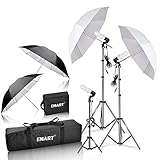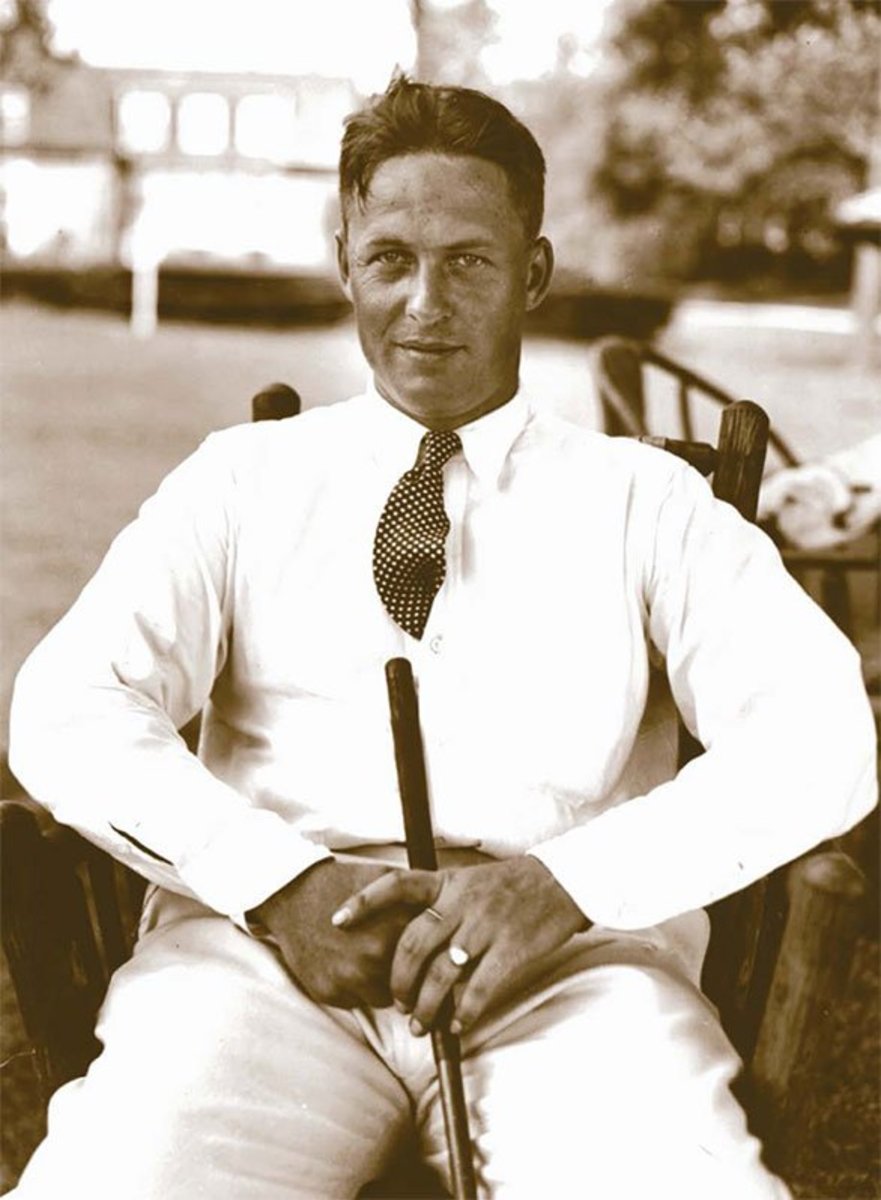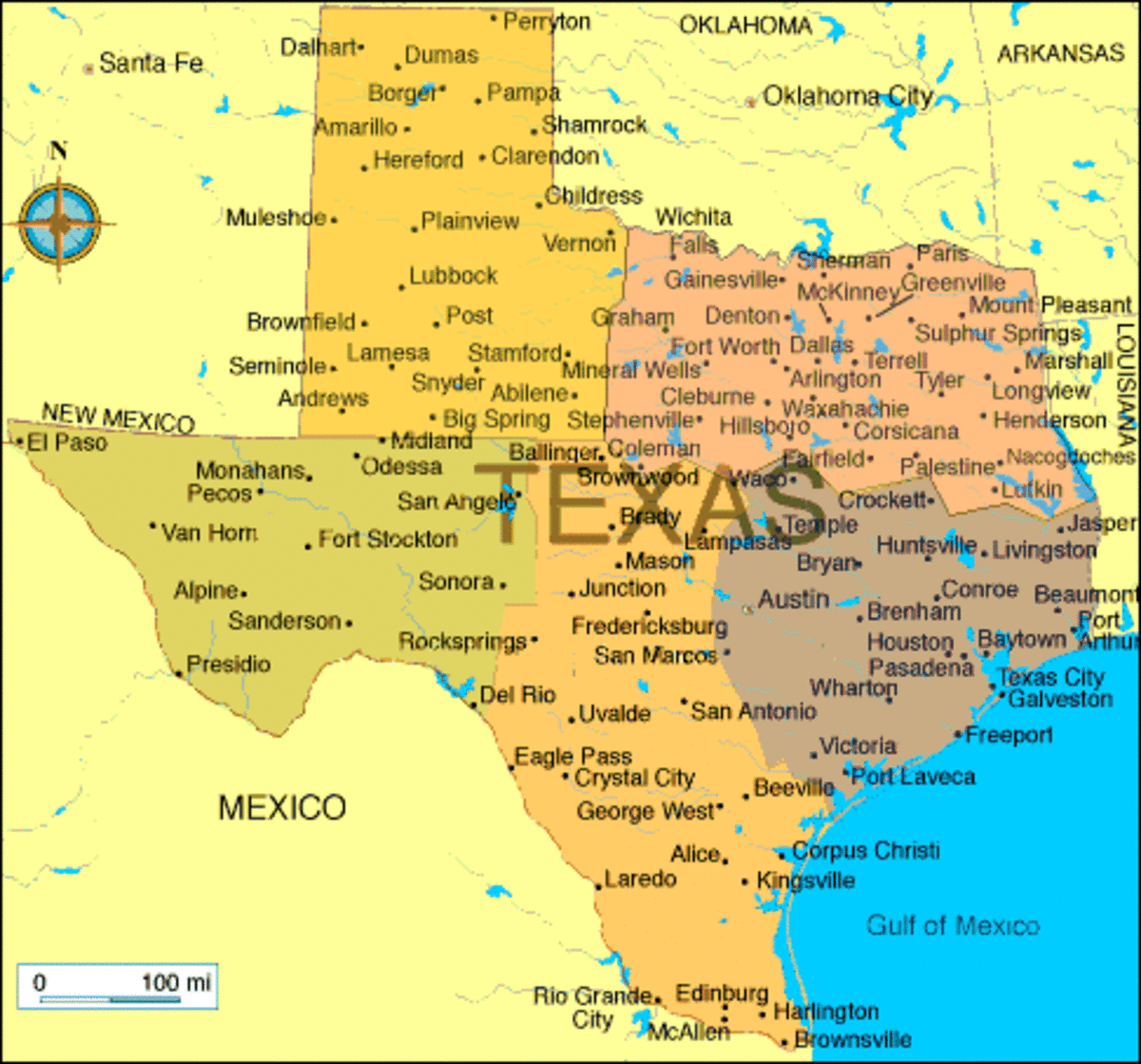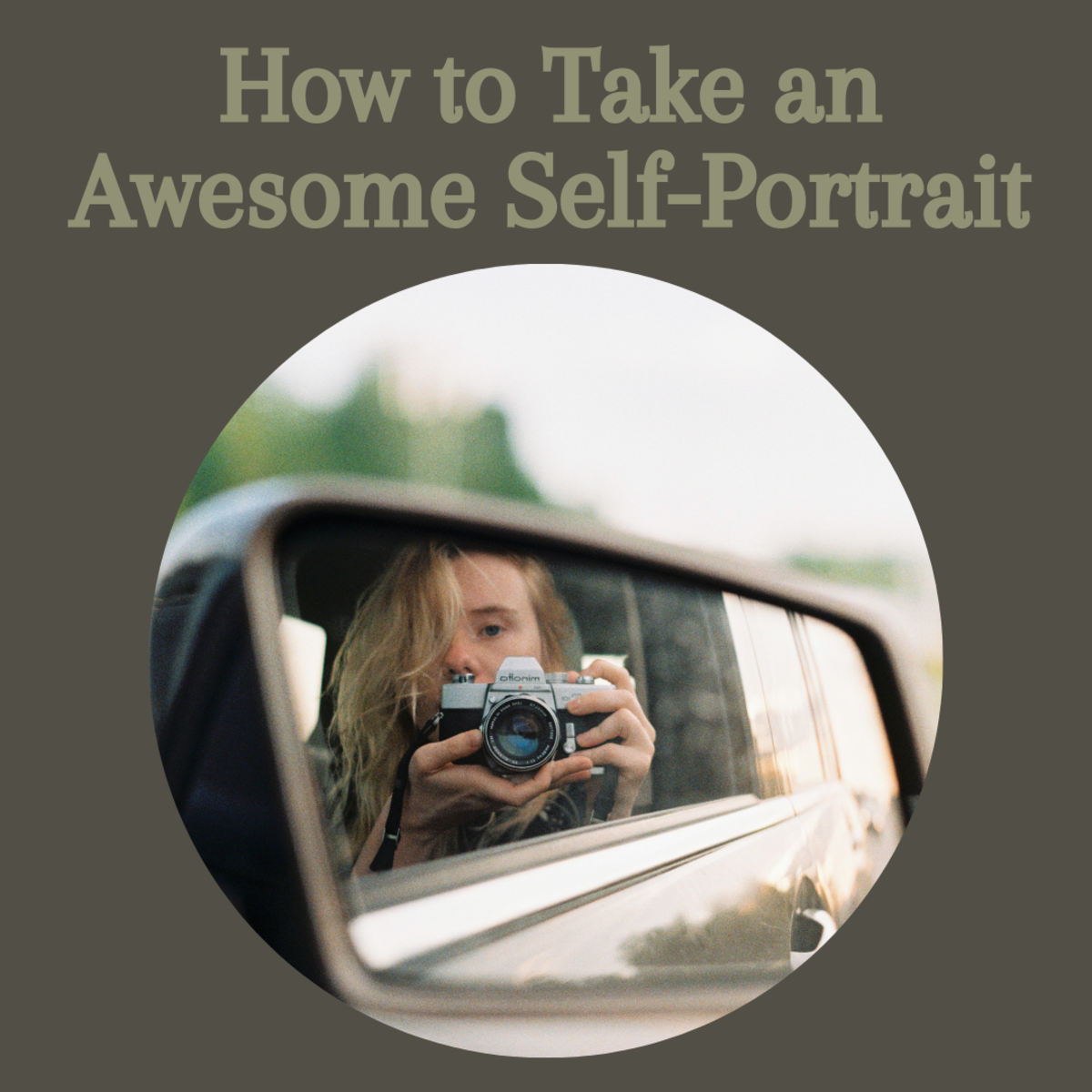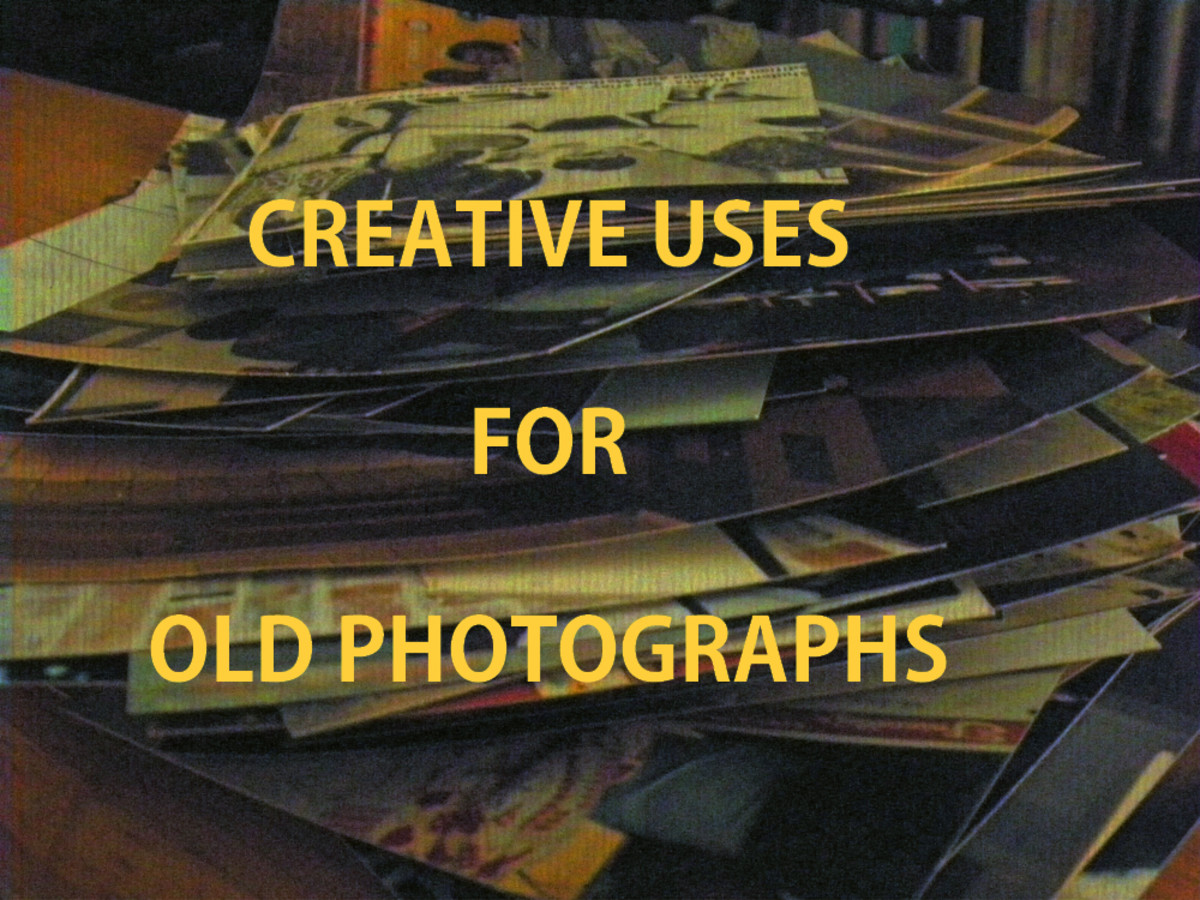How to Become a Professional Photographer
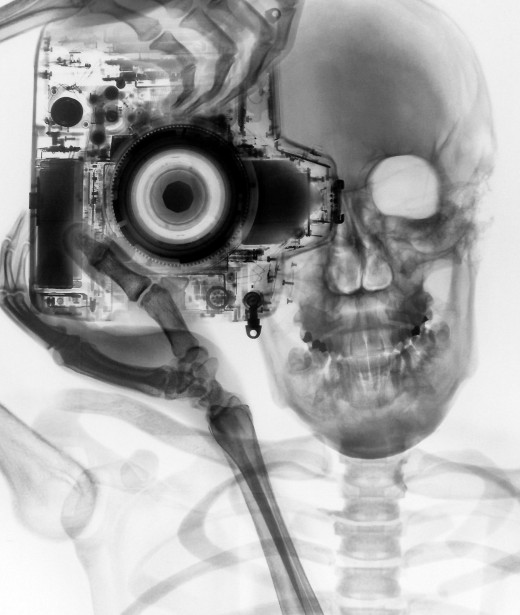
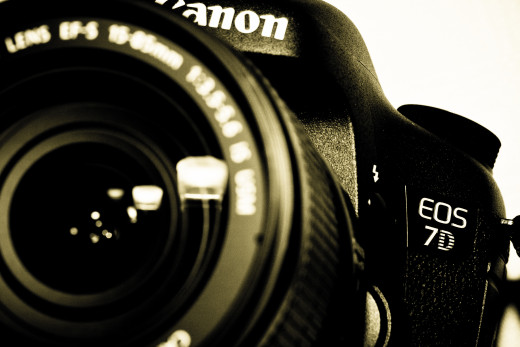
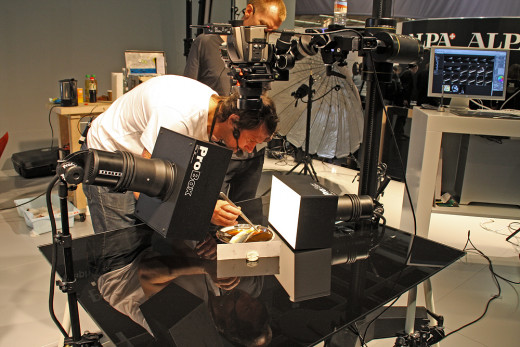
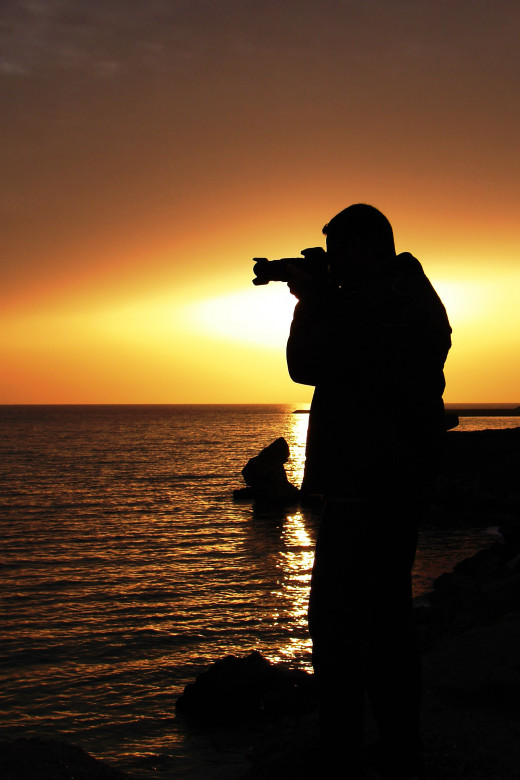
What is a professional? In any form or any endeavor, a professional is usually one who makes a living out of their work. Some definitions for being a professional include making at least 50% of their income from their activities, to some this percentage has to be 100%.
In photography this is not always the case. True that most professionals in this field do make their entire living from the photos they capture, to include writing books and selling prints to individuals.
But more than making money, it is the love and appreciation for photography that often is the defining factor in being called a professional photographer.
There are definitions within photography itself as to who is a professional; A full time professional is one who has been making a living from photography for his entire career.
A full time photographer is one who makes a living from photography but has done it for a partial time during his career, often after making a career change. An amateur by the standard definition is one who makes less than 50% of his living from photography. This is too simplistic and naïve of a definition.
Because of the advances in technology, almost anyone who can afford a good quality digital or SLR camera can take great photos. Doing it consistently, time after time, image after image is often what separates an amateur from a professional.
Most professionals are so good at what they do that they rarely have the need for photo editing software programs such as Photoshop, other than to remove the occasional dust particles, scratches and minor imperfections from their images.
A professional can replicate results anytime and an amateur most often gets good shots on occasion.
A professional will look at a scene and think of many ways and compositional elements to transform the image into one that inspires awe and elicits a response before snapping one single image; they make the viewer take a second look. Most amateurs see a scene, take one photo and they're done.
An amateur is familiar with how to focus, aim, shoot and how to set up the flash unit in the majority of cases. A professional knows all of the intricacies of his equipment, from shutter speed, ISO to f-stops.
They know the rules, know how to break them to create a desired effect, know how the light affects the final shot, know how to pose people, how to make them feel at ease, when to shoot horizontal or shoot vertically.
A professional knows when to be seen and when to become invisible. He or she sees a potential photograph in almost anything, whether the scene is full of color or totally devoid of it. Knows when it's better to use a monochromatic format or use color.
Some professionals have taken formal studies and training, but it is the years of experience and gained skills that separates them from an amateur. Whether or not a professional makes a living from photography is not a true test of professionalism. It is the total application of experience, knowledge and skills that makes them who they are.
Any professional can take an inexpensive 2 mega-pixel digital or an over the counter disposable film camera and produce totally different results that an amateur would with better gear.
An amateur can become a professional if they are serious about their photography and no one was born a professional. A good starting point is to research, read all the technical details about their equipment and understand how to use them, know the rules of photography; rule of thirds, depth of field, shutter speed, bouncing light, the limitations of an auto mode and the capacity of manual, know how to soften the light etc. and putting this knowledge to practice until they get it right.
It should not feel shameful for an amateur to try to duplicate professional samples. By doing so they are learning first hand the work and preparation that often involves taking what seem like simple shots.
With determination, practice and dedication most amateurs can become professionals in a relatively short span of time. Be aware that you will not become a professional by taking weekends shots.
Professionals takes hundreds if not thousands of shots at every shoot and are not afraid to quickly dispose of any image that is not 100% technically perfect or that seems ordinary, they are their worst critics.
Photography means many things to many people and is mostly different from one person to the other. To some it's a hobby, to others its a passion. A professional feels a passion and you can't really be a professional without feeling a passion for what you do.
Most amateurs will record any image of any subject so long as it appeals to them, at least until time and experience leads them to have an affinity towards a particular style or technique. Most professionals, probably the vast majority of them, are specialists, although most dabble into other genres from time to time.
The most successful professional photographers have become so specialized in their genre, such as nature photography, that they often are more knowledgeable about their subjects that most field experts.
Professionals have a clear vision of what it is that they want to accomplish with their images, they know what message it is that they want to convey through their images regardless of whether or not they are working for a client or by themselves are being paid for their work or not.
Regardless of whether you make money from your photography or not, if you are satisfied with your images, know your rules, understand the techniques and your equipment, have a mastery over lighting techniques, know the difference between auto and manual, do more than just press a shutter, have been photographing for a while, your photos stand up to critics and can time after time duplicate technically sound quality images and above all have a love for photography, then in essence you are a professional.
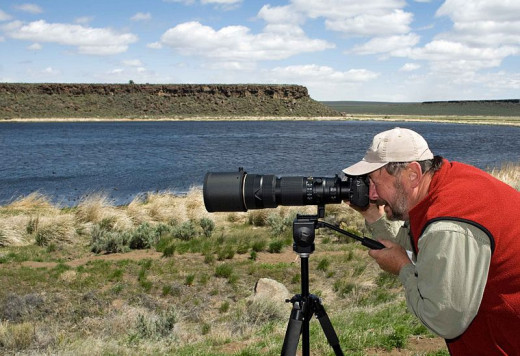
- What Makes You A Professional Photographer?
There are quite a few hot photography debates floating around the internet. Whether it’s HDR, watermarks, Nikon vs. Canon, Mac vs. PC, straight out of the camera vs. post processing; there’s certainly no shortage. One of the newer ones I’ve seen pop
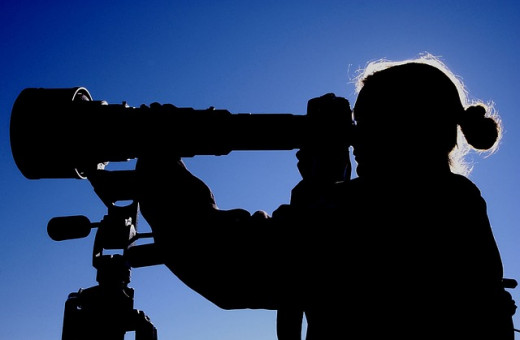
© 2011 Luis E Gonzalez

